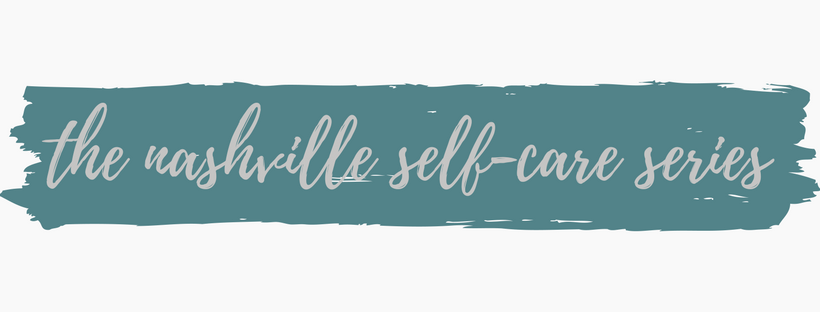How have self-care practices impacted your life and work?.
When I started my job four years ago, I really didn’t understand how important self-care was, so the first six months of my job was really challenging. My boss repeatedly had to remind me to give myself more grace, which has been really formative for my career. Since then, my practice of self-care has improved significantly, and I feel like another person both professionally and personally than those first few months.
I think boundaries are so incredibly important, so as soon as I started my job, I refused to get my work emails coming automatically to my phone. It helps me focus on what needs to get done, and it means I’m not accessible when I’m off the clock. It’s already difficult enough to not take our clients’ stories home with us, so having this feature turned off really helps me stay balanced and healthy personally.
What are some obstacles in this season of life that make self-care a challenge?
When my schedule is packed, I know that my practice of self-care practice automatically decreases. Also, this political climate that we are in currently is really challenging for me in a lot of ways. I try to pay attention to the red flags when I know that I’m not taking care of myself well enough.
Are there any practices of self-care that you are implementing in 2018?
Because I know exercise is really important for me, I try to run before work when I know I have a difficult meeting that day. Or recently I had a tough day at work, so as soon as I got home I jumped on my bike. Thirty minutes later, I felt like Reese Witherspoon in Legally Blonde because “Exercise gives you endorphins. Endorphins make you happy. Happy people just don’t shoot their husbands, they just don’t.” Regarding exercise, I’m really working this year on not shaming myself for not being faster, stronger, as good as that girl over there, etc. Exercise is not self-care when you end up shaming yourself for not being enough.
I recently started doing a Shame Resilience Group led by my therapist with a bunch of my close girlfriends, and we are going through (my Social Work Queen) Brené Brown’s curriculum. I’m really looking forward to this because the work is so important personally, but I am also getting to improve my relationships with my friends. Having a strong community of women who empower each other has truly changed my life.
Even though it’s more expensive, my husband and I save money for vacations and weekend trips to get away. I was really struggling at work last April, so we scheduled a weekend at the beach for the end of May after school ended. As soon as I knew it was on the calendar, my outlook on work and life was immediately different. I really try to be aware of what seasons are most difficult at work and strategically place events in my calendar to give me something to look forward to.
How does your industry/field practice or promote self-care?
The social work profession really values self-care, which absolutely makes sense considering the difficult work we do and the secondary trauma we experience. Throughout my education, we always discussed self-care and the importance of it to our health and our longevity in this field. Unfortunately, I didn’t walk away from school with a strong understanding of what self-care should really look like for me personally. Because self-care has to be individualized to your personal needs, I would recommend to anyone in school or before starting a new job to start figuring out what works best for you as soon as possible. You need those skills incorporated into your daily routine because it is hard to determine what works when you’re already exhausted from the learning curve of a new job or you’re in the middle of a crisis at work.
Are there any books/movies/songs that are currently life-giving for you?
When I’m feeling stressed before a school meeting, I often blare “Glorious” by Macklemore & Skyler Grey as I drive.
Anything by Brené Brown. Meeting her was a bucket list moment for me for sure. I just ordered The Deepest Well: Healing the Long-Term Effects of Childhood Adversity by Dr. Nadine Burke Harris, and I can’t wait to read it. When I need a break from anything heavy, I love a good easy-read Chick Lit book.
Lydia Burris, LMSW provides educational advocacy with students with disabilities who are currently involved in or at-risk for the juvenile court system. She believes that all students deserve justice in the classroom. Lydia and her husband live in Woodbine and love their neighborhood.
If you are looking to add going to counseling to help during this stressful season in your life, contact Jessica at Jessica@JessicaMcCoyCounseling or call 615-979-4168.








